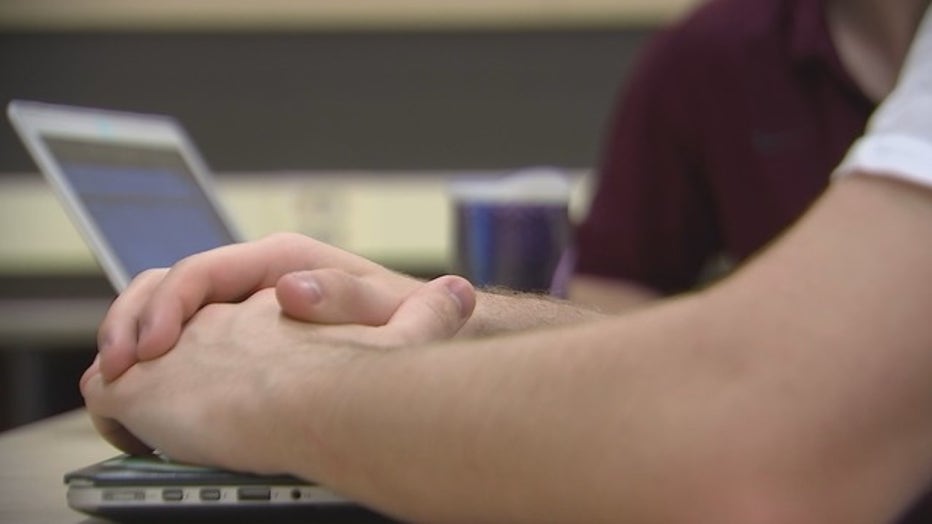How families with fewer resources can make virtual school work for their child

How families with fewer resources can make virtual school work for their child
There is concern among educators that virtual school could widen the gap between low-income, minority and rural students.
ORLANDO, Fla. - There is concern among educators that virtual school could widen the gap between low-income, minority and rural students.
Dr. Lauri Campbell, a professor at the University of Central Florida's (UCF) College of Community Innovation and Education, believes that families who have fewer recourses and who don't feel comfortable sending their kids to face-to-face school can make virtual learning work.
"It can be done for every child but the support may need to be different for every child," she told FOX 35. "Having a family member, a member of their community, maybe a church member help out and say 'can you kind of check-in with my child today.' And you don’t want children to be home alone but in some circumstances, that’s what’s going to be happening when a parent has to go back to work."
RELATED: In-school learning v.s. virtual school: What is the best route for your little learner?
There are other hurdles in the virtual learning environment, Karen Willis, the CEO of Early Coalition of Orange County, said. She explained that "the real big issue around virtual learning -- distance learning -- is access to technology and access to the internet. And what we know is that a lot of our low-income families only have one device in their home, which is a phone."

Some school districts are providing devices for students and even have wifi hot-spots that they can make available. In addition, the Early Coalition of Orange County is looking into whether the state will allow places that provide child care and summer camps to provide care during the school year. That way, smaller groups of kids can virtually learn in a safe, supervised environment.
Parents can get help paying with this too by visiting elcoc.org or the County Communicated Care for Children website (go onto the state portal and apply for the child care subsidy program). However, if you already use a child care center, they might offer a similar service.
RELATED: Expert suggests home classroom, daily routine, and structure for those learning from home
Education professionals are thinking about these challenges and are happy to come up with resources. UCF is even offering parents a 'teacher's hotline' to give free help to parents and students who are learning at home.
Dr. Campbell advises that having open communication with your child's school is one of the best things you can do. Teachers are there to make sure every student from every background can succeed at virtual school.
Tune in to FOX 35 Orlando for the rest of the FOX 35 Classroom Survival Guide as schools prepare to reopen.

